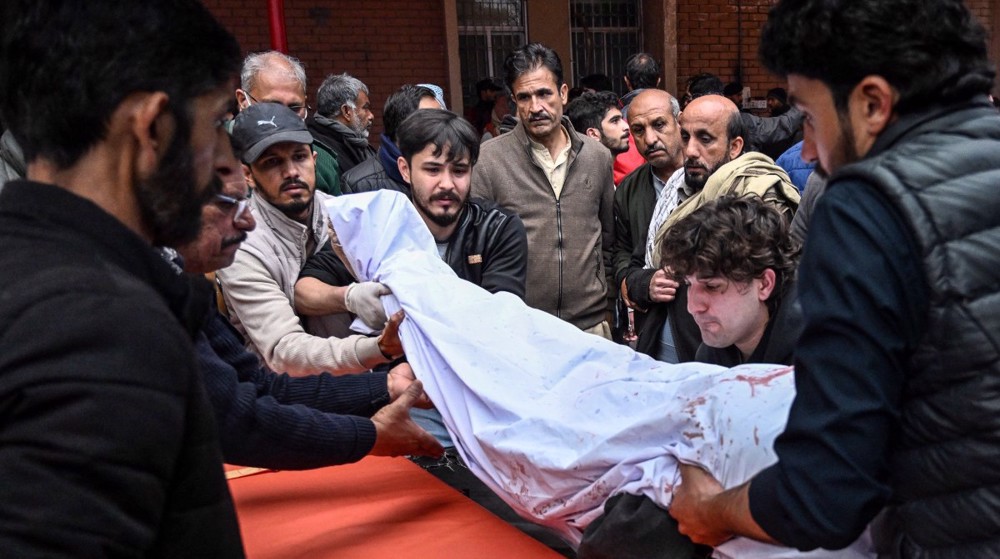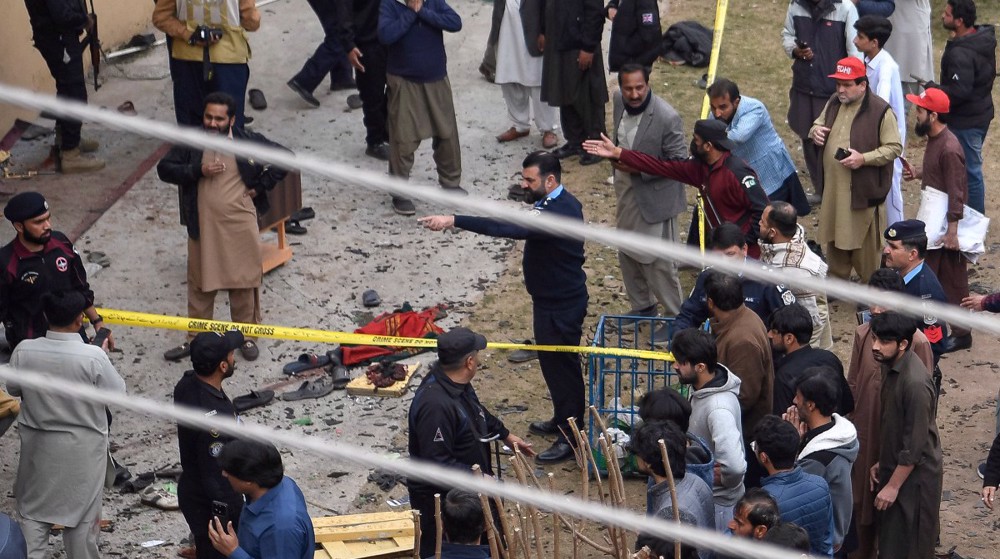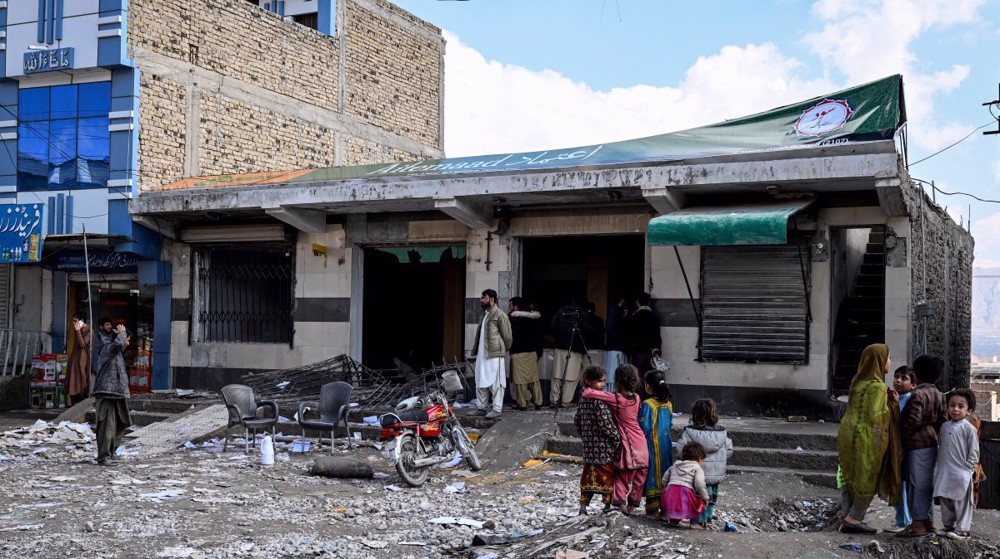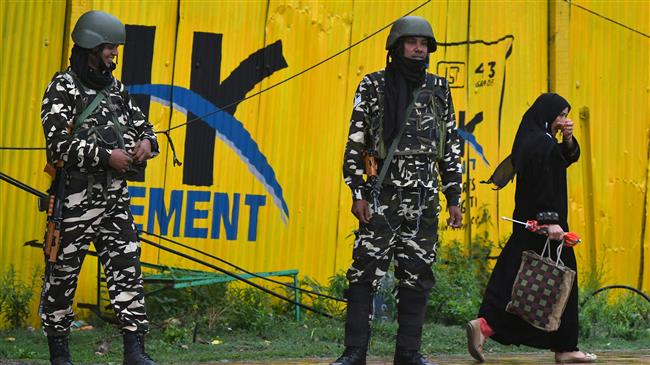Pakistan's Khan warns Kashmir issue could lead to nuclear war
Pakistani Prime Minister Imran Khan has warned that the issue of Kashmir could lead to a nuclear war between Islamabad and New Delhi if the international community failed to intervene.
Khan made the warning on Monday as he was addressing Pakistan on the situation in Kashmir after India earlier this month revoked the special status of the disputed region.
"The oppression currently suffered by the Kashmiri people, and the further oppression that is set to take place, mean that the United Nations now has a huge responsibility, to show whether it stands with the weak or the powerful,” the Pakistani premier said.
"If the [Kashmir] conflict moves towards war then remember both nations have nuclear weapons and no one is a winner in a nuclear war,” Khan added. “It will not only wreak havoc in this region, but the entire world will face consequences. It is now up to the international community."

The Pakistani prime minister said Islamabad had made attempts to open dialogue with India but had not found the same support from the other side.
Khan also noted that his government would stand by the people of Kashmir until India lifted the restrictions on the region.
Kashmir has been split between India and Pakistan since their partition from Britain in 1947. Both countries claim all of Kashmir and have fought three wars over the territory.
On August 5, Indian Prime Minister Narendra Modi, in a surprise move, revoked Article 370 in the Indian constitution that had granted Kashmir special autonomy, the most far-reaching political move on the disputed region in nearly 70 years.
The controversial move not only infuriated India’s nuclear-armed Pakistan, which controls parts of Kashmir, but also sparked strong anger among the local population, who want their region to be merged with Pakistan.
Pakistan has called the decision “illegal” and has expelled the Indian ambassador to Islamabad.
The Indian premier has claimed that the decision was necessary for Kashmir’s economic development and also to stop “terrorism.”
Other countries have called for restraint and de-escalation.
US imposes ‘terrorist-grade sanctions’ on UN expert, ICC judges amid Gaza accountability drive
VIDEO | Press TV's news headlines
Senior Russian general shot and wounded in Moscow: Officials
UK ordered in 'milestone' court ruling to pay $570 million for colonial-era massacre
VIDEO | Defying the rubble, Gaza opens its first face-to-face school since start of war
‘Ready for next round’: Million-man rally in Yemen backs Gaza, resistance
FM Araghchi departs Muscat for Doha following nuclear talks with US
Israeli keeps killing more Palestinian civilians in Gaza amid relentless ceasefire violations


















 This makes it easy to access the Press TV website
This makes it easy to access the Press TV website